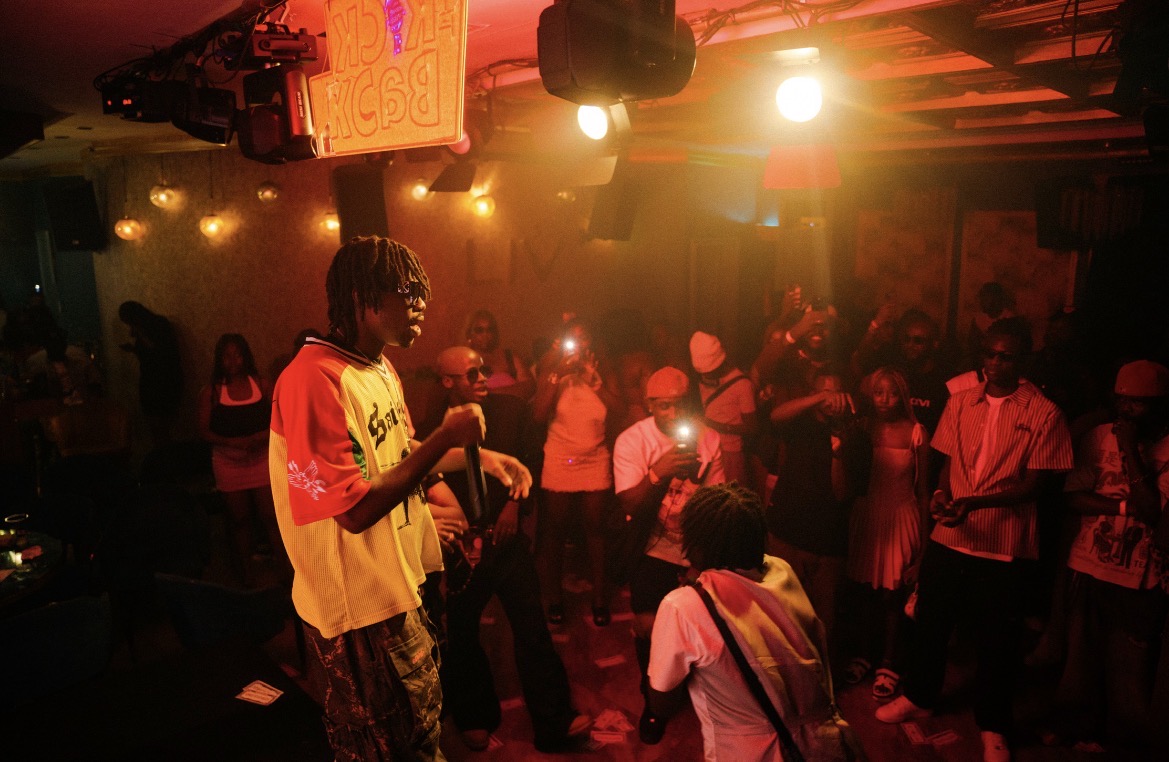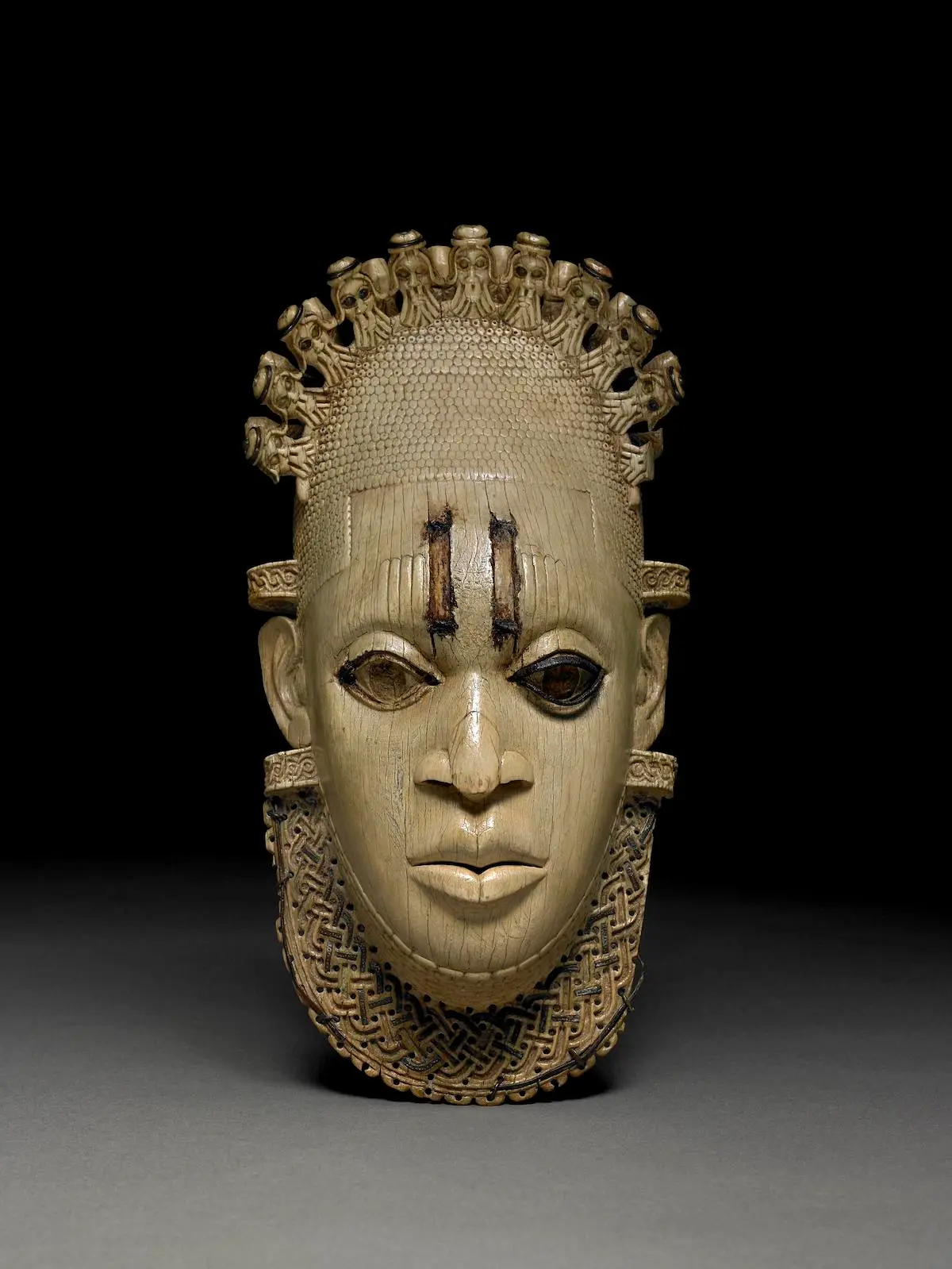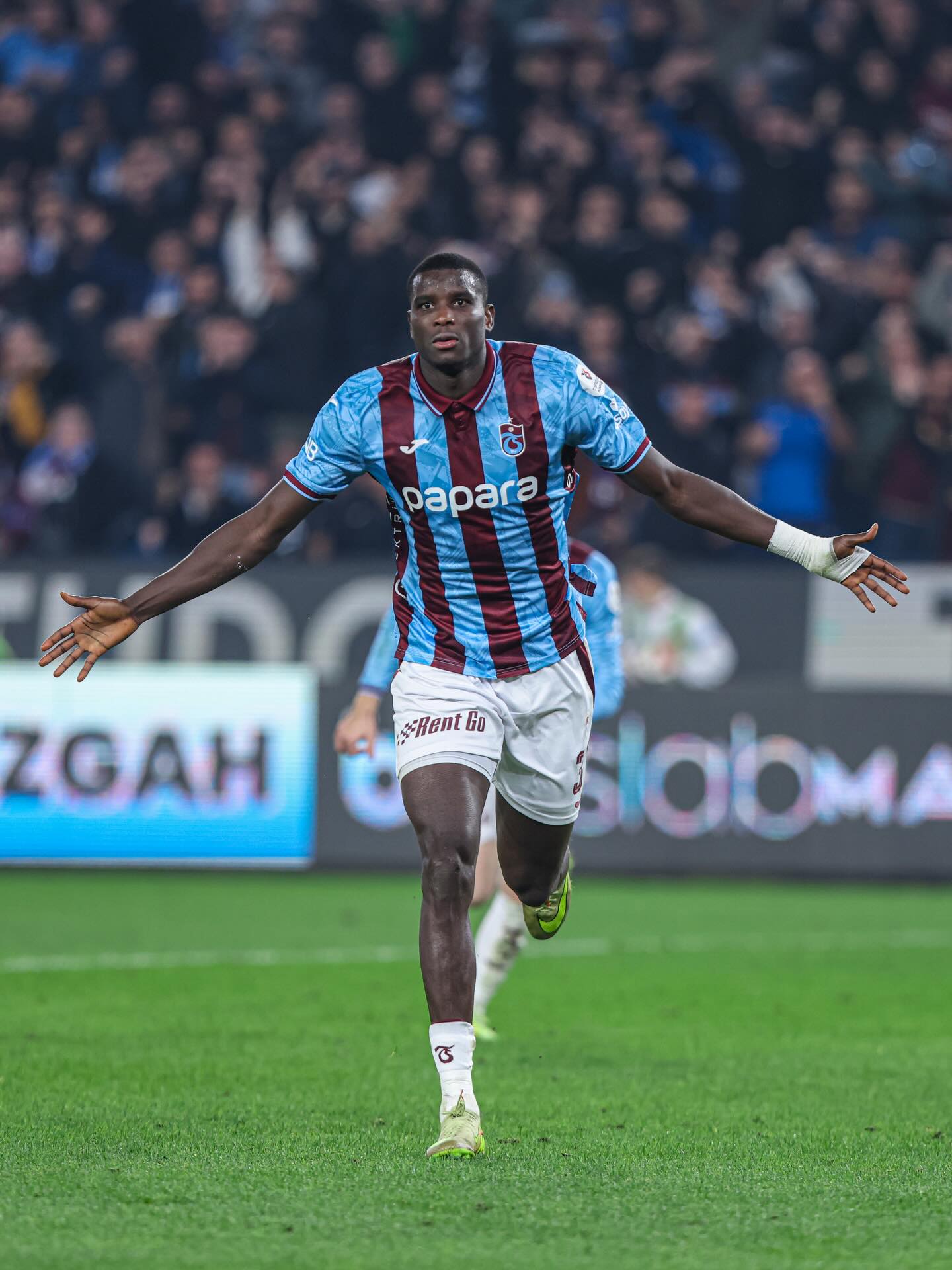Picture this, you’re still a child or in your preteens, it’s evening, your parents are lounging in the parlor while you sit on the floor with them. They told you to go do your homework but you’re ignoring them because well, you just don’t want to. They would scold you but they’re enjoying the music coming from the speaker. You can hear the distinct sound of each instrument in the song and it’s pleasing because the drums are banging, the saxophones are blowing and there was a vibe that came with hearing a song with a live band.
Sir Victor Uwaifo and his Melody Maestros.
Fela and his Koola Lobitos.
Jesse King and The Queens in the Palace.
Victor Olaiya’s Federal Rhythm Daddies
King Sunny Ade & His African Beats
That was the reality of the Nigerian music scene for almost a period of 30 years, beginning in the aftermath of the war, all through till the 90s, you weren’t a certified musician if you couldn’t perform with a live band.
Fast forward to the early 2000s and suddenly the practice of recording and performing with live bands is at an all-time low, especially the performance on stage. Of course, we had Yinka Ayefele with his presence in every party belting out gospel tunes with his backup band. And the Fuji musicians carried the live band section of the industry on their backs.
You could argue that the reason live bands went a little out of style at the turn of the century was because due to the influence of the American music industry on Nigeria’s music industry and in that part of the world, they were enamored by boy bands and edgy hip hop and rap.
Concerts, with few exceptions, are now basically the artist and a DJ with very little difference from what you play on Spotify, Audiomack, Boomplay or Apple Music. One has to wonder why the practice of performing with a live band died out, could it be because mainstream Nigerian music is heavily reliant on the producer’s beats as opposed to the artist’s vocals? And performing with a live band would show the discrepancy in the live vocals and the vocals on the produced track.
Although bands like Adekunle Gold’s The 79th Element, Burna Boy’s Outsiders and The Cavemen are making a comeback into the industry, live bands getting the mainstream relevance they had earlier looks like an uphill battle.
The premise of performing with a live band is one that shouldn’t be allowed to go out of style as it brings a certain ambience to every performance, and makes for a wholly different experience of a song, or an album that takes the listener into another realm.
Burna Boy’s performance at the Grammys Premiere show is a valid example of how live bands bring out the best in a song. Although prerecorded, the medley of Level Up, Onyeka (Baby) and Ye proves that live versions makes songs feel like you’re hearing them anew and give you an immersive experience.
Excluding EDM, there is no genre of music that cannot be performed by a live band that has a proper grasp of their craft. This is proved by the frequent recordings of live versions of songs by artists as part of the song’s promotional campaign. Songs that are performed with a live band hit different, because they are.





